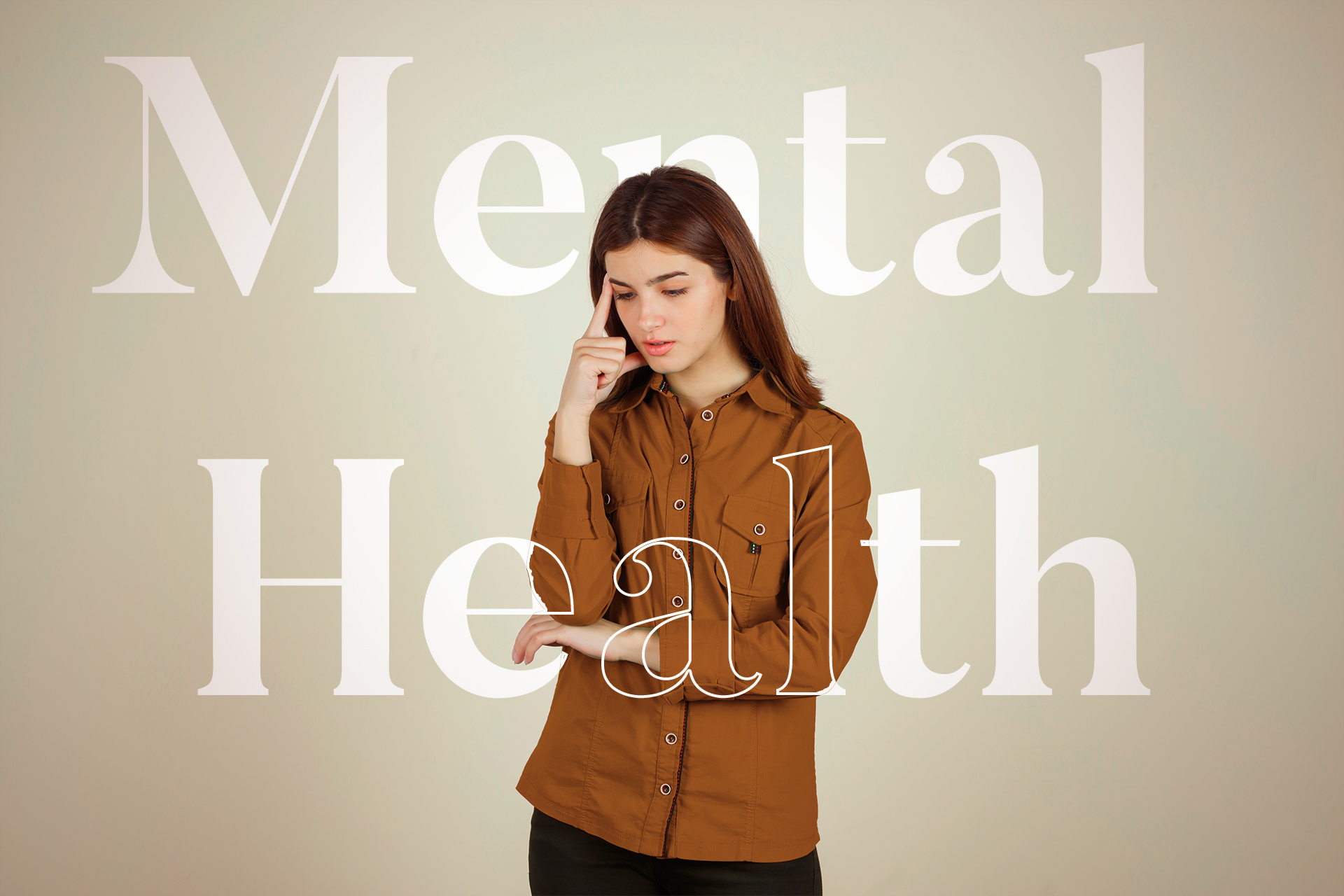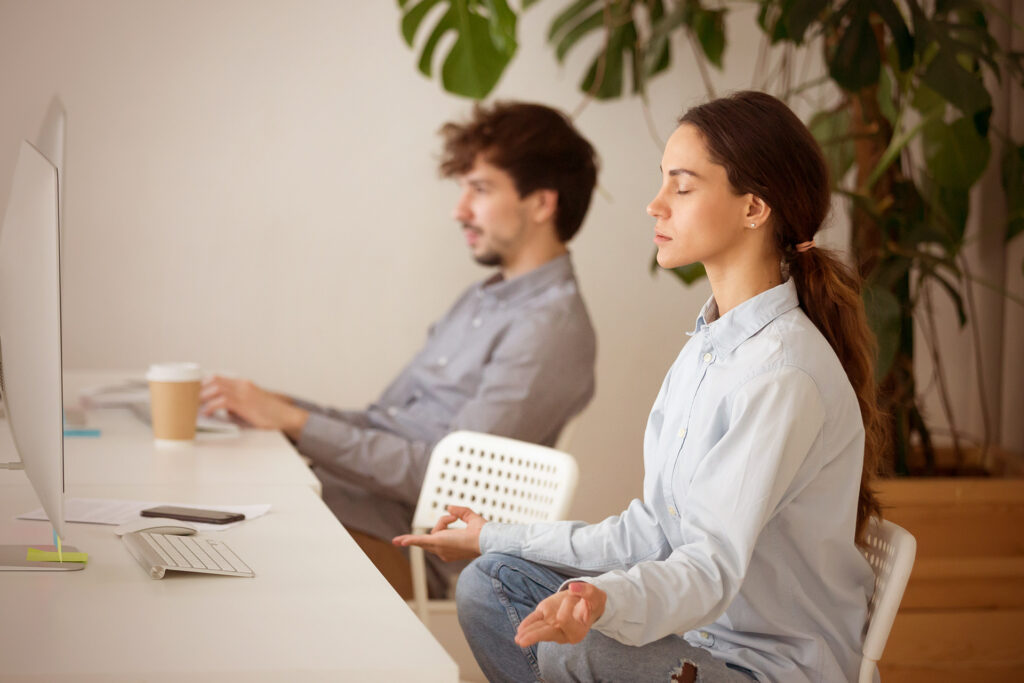
According to Ayurveda, life is amassed of four components that are interdependent. These are, namely, the body (Shareera), the mind (Sattva), the motor and sensory faculties (Indriya) and the soul (Atma). When all these factors complement each other, it leads to a healthy life. The physical, mental, spiritual and sensory realms have given birth to the initial concept of health.
A healthy mental state (Swastha mana), a happy soul with all the sensory and motor skills in a good shape (Prasanna atmendriya), a well-balanced state of doshas (Sama dosha), good metabolic function (Sama agni), the organs and tissues of the body in good proportion (Sama dhatu) and correct physiology (Sama kriya), all of these make up for a healthy living.
Recently, the pandemic Covid-19 hit the world in an unprecedented way creating a lot of confusion and uncertainty and has left an effect on mental health in its wake globally.
Ayurvedic therapies for psychiatric disorders have always been a helpful source due to the methods involved in the process.
Psychiatric Disorders Ayurvedic Treatment

Mental health management (Manas shastra) mainly focuses on a compassionate and considerate approach. For a completely mysterious reason, mental health has been a taboo subject and is always mentioned in hushed tones. Ayurveda intervenes in this lack of empathetic approach to prevent the stigma attached to it.
All of us alternate between lethargy, productivity, restlessness, alertness and bliss. The enumeration of this cycle is of three types in Ayurveda.
- Tamas – A constant feeling of heaviness and it is a requirement to make this feeling rest for a better outcome mentally.
- Rajas – A feeling of activity and restlessness which needs to be active and in balance with tamas.
- Sattva – A feeling of pure, happy, blissful state of mind. This allows us to give out 100% of productivity and supports wisdom.
As is with every element of life, if one is imbalanced, things tend to go awry. The imbalances of these three can result in psychological issues ranging from anxiety, depression, lack or loss of focus and aggressive behavior patterns. There are certain practices that can help improve the sattva and thus, enhance mental health.
The fundamental principles of energy or the doshas need to be looked at properly as well. Each one of us possesses a unique ayurvedic constitution of doshas called vata, pitta and kapha. These need to be in balance to achieve a pure, blissful state of mind and well-being. “Tranquility”, this word evokes a feeling of peace that everyone wants to achieve to have a pleasant mind and demeanor that in turn can affect the quality of life. Each of us has a different dosha balance and one or two of our doshas are more dominant than the other at all given times.
Let us break the three doshas down in terms of personality.
- Vata – The people with a dominant Vata are very imaginative and creative.
- Kapha – The people with a dominant Kapha are nurturing and loving.
- Pitta – The people with a dominant Pitta are motivated and intellectual.
Any particular imbalance has a direct effect on the mind. And they lead to:
- Vata – restlessness, anxiety and fear.
- Kapha – depression and lethargy.
- Pitta – anger and irritability.
An ayurvedic practitioner will study the dosha imbalances first, when consulted. After the mental health has been assessed, they will delve into the other aspects such as the physical, psychological, physiological and also genetics. This entire process then takes palliative care into account to correct these dosha imbalances using herbal remedies and lifestyle changes.
There are many different therapies that a patient is treated with as per the directive by the ayurvedic professional. Some of them are listed here:
- Abhyanga – Self massage
- Shirodhara – pouring warm, medicated oil on the forehead
- Panchakarma – a thorough five pronged therapeutic detoxification.
Besides this, spiritual therapies according to one’s belief system. Like prayers, mantra or chanting, these have a great impact on the management of mental stability and health.
At Shrishail Ayurveda Treatment Center, all this is taken into account and then, Dr. Dongare prescribes different types of therapies to calm and restore mental health. This has variants of music therapy, meditation and yoga practice. All have been known to have calming effects on the mind. Psycho-behavioral patterns are studied and therapies are then advised. The same goes with practicing mental hygiene.
Ayurveda has always been synonymous with pranayama, yoga, meditation, and panchakarma to name a few. These all boost mental health.
Conclusion
Post the pandemic that hit the world in 2020, a big chunk of humanity dealt with sudden bouts of anxiety and depression. A few surveys have been conducted and one study from Harvard correlated that just with a bare minimum of 8 weeks of yoga and meditation, the post Covid-19 mental health issues can disappear, and this is because the gray matter of our brain is affected positively.


